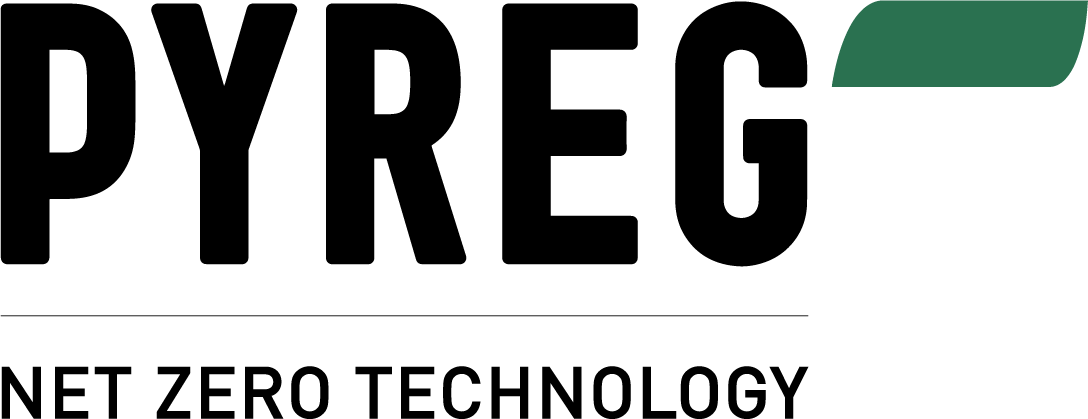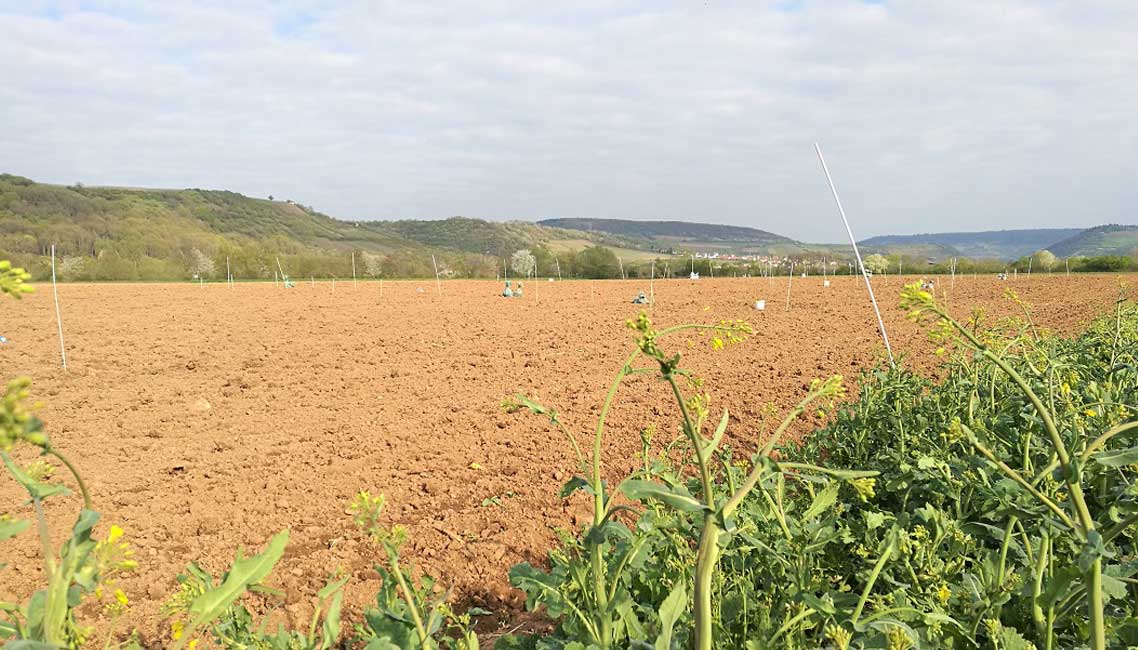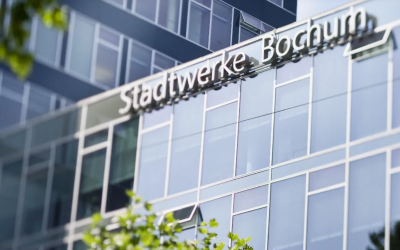Biochar may now be used throughout Europe in organic farming as a fertilizer/soil conditioner. What a breakthrough! In Germany, for example, biochar has so far only been allowed to be used in the form of charcoal in agriculture. But now, in December 2019, Ursula von der Leyen, as the new President of the EU-Commission, has signed the implementing regulation (EU) 2019/2164. This has been in force since 2020: Biochar is now defined as a “pyrolysis product made from a wide variety of organic materials of plant origin ” and is listed in Annex I of the current EU Regulation (EC) No 889/2008 under the heading fertilizers, soil conditioners and nutrients as an authorised fertilizer in accordance with Regulation (EC) No 834/2007.
The reason given for this step was ” that the substances ‘biochar’ (…) comply with the objectives and principles of organic production”. It is to be hoped that the authorisation will also soon be compatible with the objectives and principles of conventional farming. Because, whether organic or conventional: Already during the production of biochar, a large part of the carbon contained in the biomass is stably stored in the biochar and not released as CO2. If the “green coal” is spread on the field together with manure, slurry or compost, the carbon remains bound in the soil for centuries, nutrient leaching into the groundwater is reduced, and instead it accelerates the humus formation and thus the storage of a multiple of CO2. It is not without reason that the Intergovernmental Panel on Climate Change (IPCC) has declared the use of biochar in conjunction with humus formation to be an important strategy in the fight against global warming.
Click here for Regulation (EC) No 889/2008 Click here for Regulation (EU) 2019/ 2164





That’s such great news. Thank you for laying out this topic.